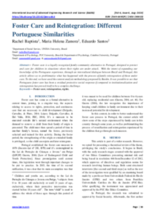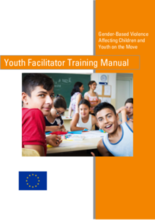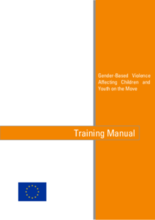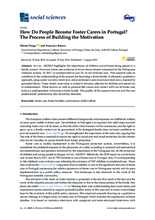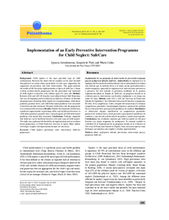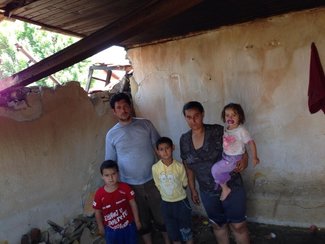

Displaying 181 - 190 of 544
The purpose of this webinar is to shed light on the specific experiences and issues of unaccompanied and separate girls in the European Response.
This article examines the family reintegration process for those in care in Portugal and Brazil.
ChildHub is looking for a highly professional lead researcher, to lead a team of researchers working in 8 countries of South East Europe (Albania, Bosnia-Herzegovina, Bulgaria, Croatia, Kosovo, Moldova, Romania, Serbia).
This manual provides guidance on how to train up to 60 youth, ages 16-24, from four project countries with the goal of increasing awareness and understanding of gender-based violence (GBV) amongst children and youth on the move.
The focus of this training is on building the knowledge and capacity of care professionals from Greece, Belgium, Malta and Romania to prevent, identify and respond to gender-based violence (GBV) affecting children and youth on the move, including unaccompanied minors.
This open access research from the journal of Social Sciences aims to contribute to the understanding of the reasons for becoming a foster family in Portugal.
This paper presents the results of the first pilot implementation in Spain of SafeCare, a home visiting evidence-based programme for the prevention and treatment of child neglect in families with children aged 0-5 years old.
This article describes the process of revising a measure of out‐of‐home living restrictiveness to be culturally congruent for Portugal, providing preliminary data on validity and reliability, and discusses the feasibility of using this measure in Portugal.
UNICEF is seeking an Individual Contractor in Greece.
This study was designed to extend previous research, help explain the role of the residential childcare context in bullying behaviors, and explore the relation of bullying with psychological distress among youths in residential childcare in Spain.

